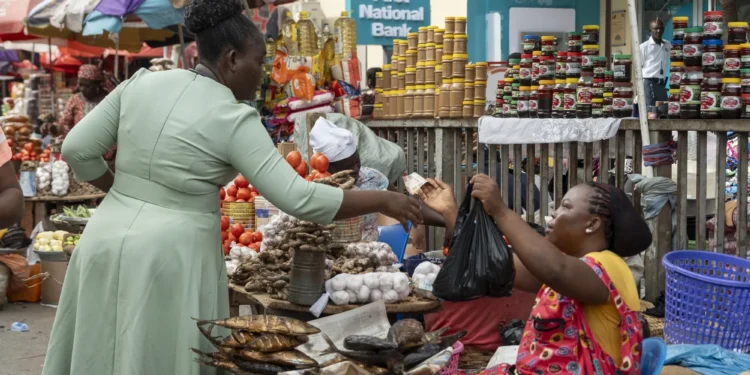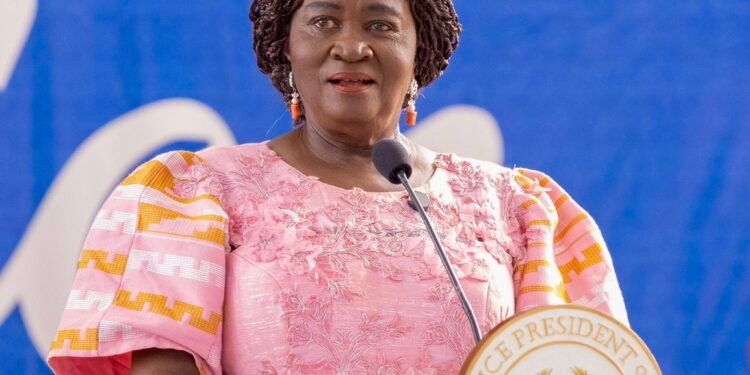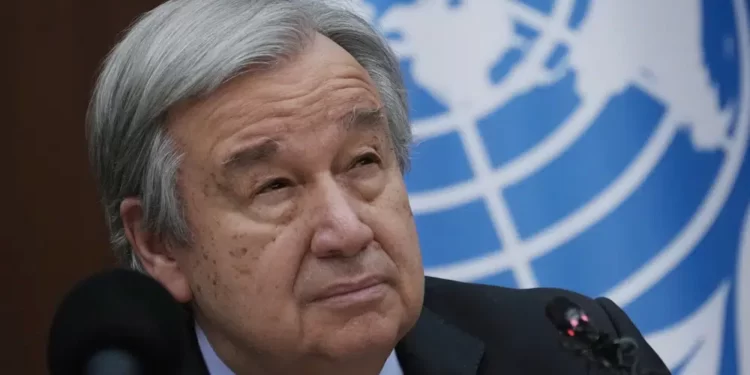Analysis from the data released by the Ghana Statistical indicated that Ghana’s expenditure plan for the 2023 fiscal regime has a deficit figure of $61 billion, revealing how meagre the $3 billion IMF deal could alleviate the economic woes of the country.
Some members of the Ghana National Chamber of Commerce and Industry (GNCCI) in the Western Region at a breakfast meeting sponsored by the Bank of Africa, urged the government to reconsider its decision on the Domestic Debt Exchange Programme to save the country of future implications, hardships and turmoil.
Bemoaning the adverse effect of the program, the members of the GNCCI communicated that the activation of the DDEP had a negative impact not only on individuals and banks but a rippling consequence on investor confidence, lay-offs of staff, which would create a surge in unemployment figures, thus, heighten social insecurity concerns.
The meeting was used as a platform and opportunity to engage business owners to share their concerns on the national economic issues, and solicit inputs for duty bearers to properly align in improving the general well-being of the country.
Mr. Paul Mendes, a businessman and a member of the meeting, lamented how he had to lose an investor from South Korea pertaining to the current economic conditions. “Whom are we pleasing as a nation, the will of the citizens or dictate of systems such as IMF?” he questioned.

Strategies Needed To Be Adopted By Government
Mr. Kofi Abaidoo, a chartered accountant, in his suggestions, called on government to adopt capital maintenance, also called capital recovery in all government interventions to maintain a liquid position as a country.
Maintenance of capital ensures the safety of shareholders and creditors invested funds. This, according to the chartered accountant, will help business owners and managers evaluate their performance over time, and as well boost the confidence of individuals to invest more in the country.
Mr. Abaidoo described the DDEP as an instrument shredded in hardship to break the camel’s back in Ghana’s economic and fiscal policy regime. “A situation the nation must guard against,” he advised.
Mr. Evans Asare, an Associate Director, Deal Advisory of the KPMG, proposed that the country turned attention to boosting local industries, cutting down on public sector expenditure, diversified export, and value addition to raw agricultural materials to increase the income level.
Touching on the need to boost local production, it is noted that a rise in domestic productivity will result in domestic goods being more competitive relative to imports, thus, causing a rise in demand for domestic goods and a fall in the demand for imported goods. Therefore, import expenditure also decreases, further lowering the deficit
The associate professor divulged that the impact of the DDEP should it be mooted, would have drastic impacts on banks as it would affect cash flows and slow many businesses.
“There is also the need for strategic decisions that would inure to the benefits of the generality of Ghanaians.”
Mr. Evans Asare
Mr. Asare therefore encouraged businesses to form strategic partnerships and leverage on each other’s strength to thrive.
“The DDEP presented extended maturity on investment, hence, businesses should ensure that they have proper board systems or structures to handle liquidity challenges.”
Mr. Evans Asare
KPMG Tax Manager, Mr. Emmanuel Asare, beseeched businesses to embrace themselves for the new tax conditions under the Growth and Sustainability Living and the increase in the VAT, which now stands at 21.9 percent.
Mr. Lord Kwame Segbeawu, the Western Regional Chairman for the GNCCI said as a chamber and an autonomous business support organization, he would continue to serve as a link between established businesses, the emerging sector, and the government and offer members a myriad of business support services.
Read More: DDEP: Senyo Hosi Sends Strong Warnings To Banks For Carrying Out Unethical Duties























